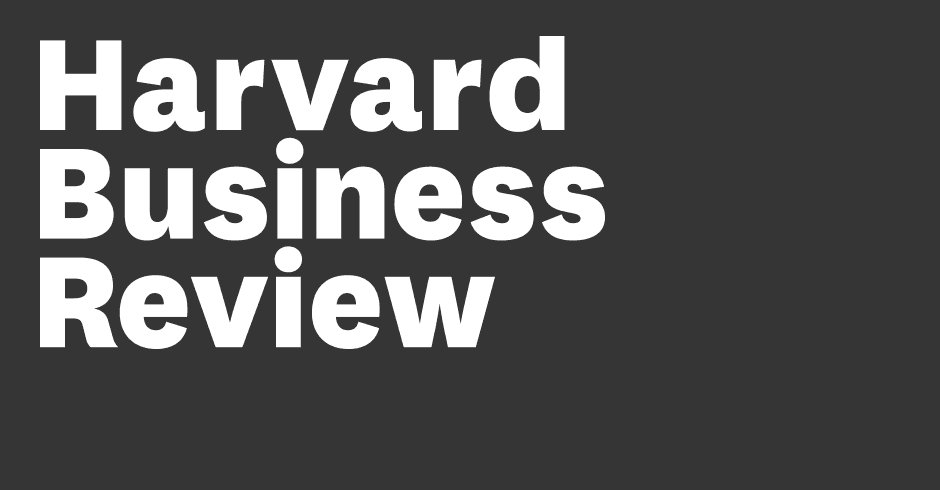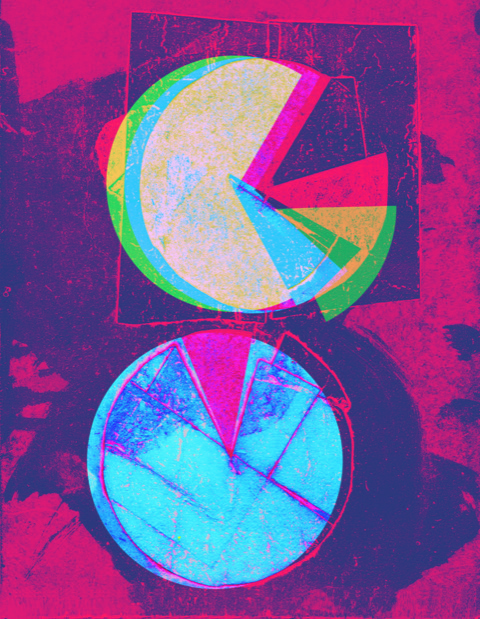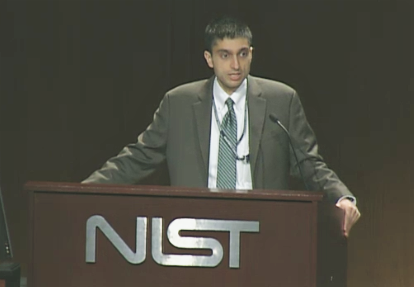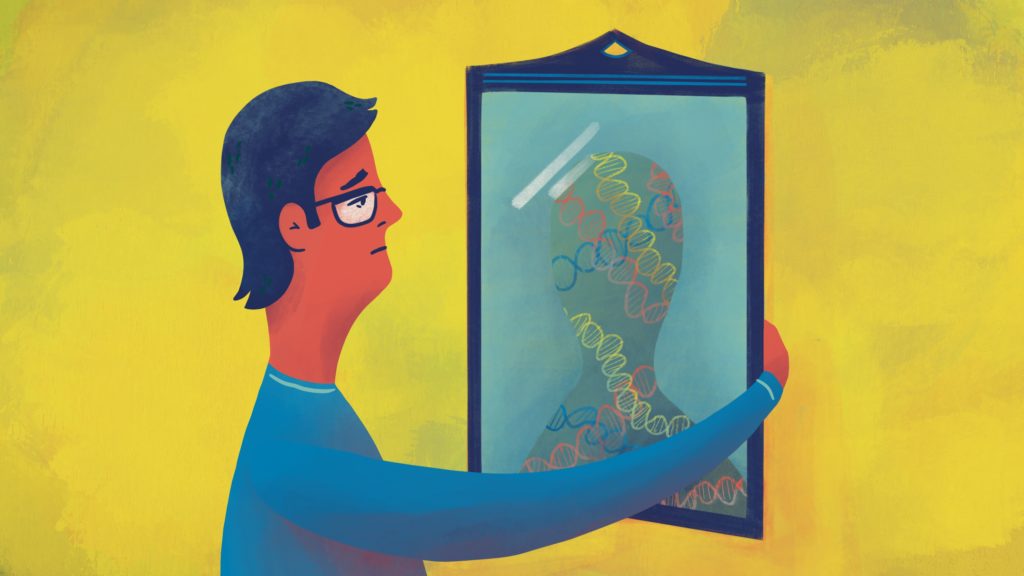Send us a link
Viewpoint: Scaling Down Science Won't Save the Planet
Some scientists want to scale back their research to reduce carbon emissions. Instead of this being equated with a need to scale down research infrastructures and data centres, we need to take action to ensure these facilities are sustainable.
A CERN Model for Studying the Information Environment
CERN has been a model for how to support large-scale research collaboration. Given the challenges facing democracy today related to the information environment, a similar level of effort is required for research on the information environment.

The Big Picture: How Data Science and Earth Observation Intersect to Study Climate Risks
Data Centers, Backbone of the Digital Economy, Face Water Scarcity and Climate Risk
Data Centers, Backbone of the Digital Economy, Face Water Scarcity and Climate Risk
About 20% of data centers in the United States already rely on watersheds that are under moderate to high stress from drought and other factors. However, few companies are talking about the issue.

Tracking Science: How Libraries Can Protect Data and Scientific Freedom
Tracking Science: How Libraries Can Protect Data and Scientific Freedom
How can libraries help to prevent tracking in science, thereby protecting the data of the researchers and, in an idealistic sense, scientific freedom?
The Risks and Rewards of Real-Time Data
Unlike many valuable resources, real-time data is both abundant and growing rapidly. But it also needs to be handled with great care.
New WH Task Force Asking What Shared Computing, Data Could Do for AI Research | Federal News Network
Everyone Should Decide How Their Digital Data Are Used - Not Just Tech Companies
Everyone Should Decide How Their Digital Data Are Used - Not Just Tech Companies
Smartphones, sensors and consumer habits reveal much about society. Too few people have a say in how these data are created and used.

Dataism and Its Limits
Resist seamless dataism and de-automate your life with Miriam Rasch's recommended reading.

Data Colonialism and a Path Towards Data Sovereignty and Digital Sustainability
Data Colonialism and a Path Towards Data Sovereignty and Digital Sustainability
In the introductory talk of this event, the speakers argue that the role of data in society needs to be grasped as not only a development of capitalism, but as the start of a new phase in human history that rivals in importance the emergence of historic colonialism.
187 Things the Blockchain Is Supposed to Fix
Businesses and entrepreneurs are racing to deploy blockchain technology against all manner of problems, and perceived opportunities.
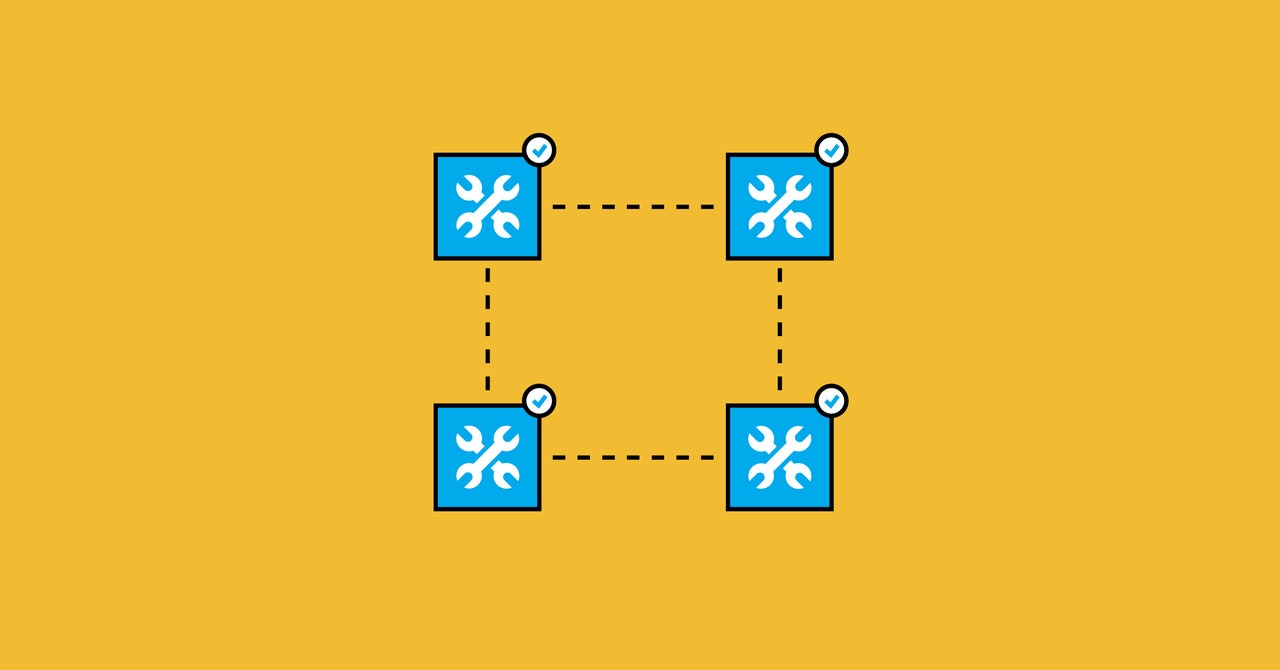
Eleven Tips for Working with Large Data Sets
Big data are difficult to handle. These tips and tricks can smooth the way.
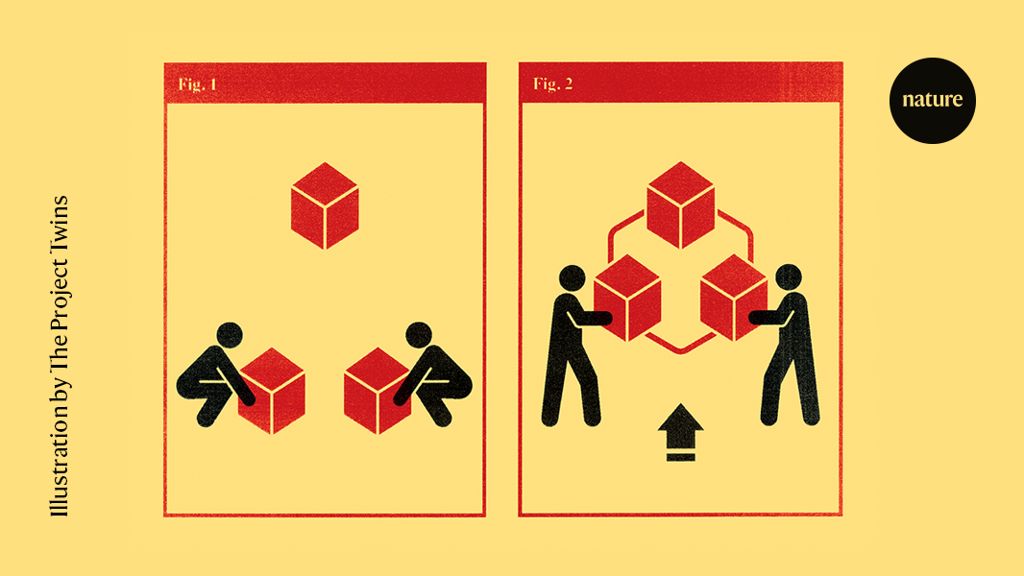
Google Partners with Major Health System, Gaining Access to Patient Data
Google Partners with Major Health System, Gaining Access to Patient Data
The initiative, "Project Nightingale," gives the tech giant the ability to analyze personal health information from Ascension, a Catholic hospital system.

Healthcare Algorithm Used Across America Has Dramatic Racial Biases
The U.S. health care system uses commercial algorithms to guide health decisions. A study found evidence of racial bias in one widely used algorithm, such that black patients assigned the same level of risk by the algorithm are sicker than white patients.
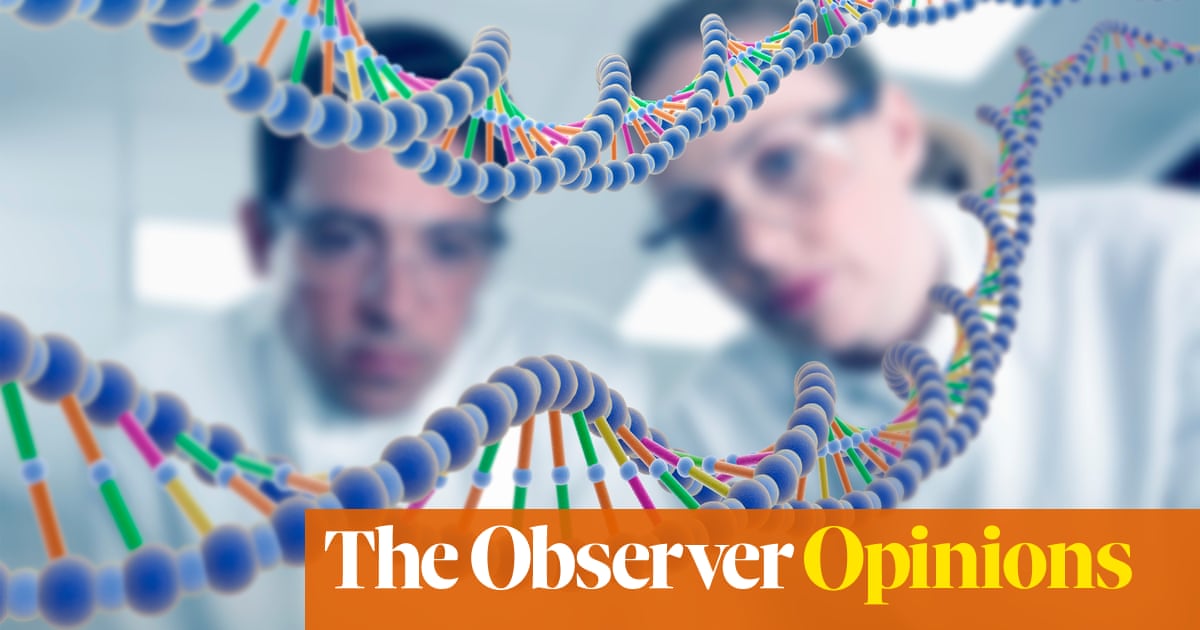
Knowledge in the dark: scientific challenges and ways forward
A key dimension of our current era is Big Data, the rapid rise in produced data and information; a key frustration is that we are nonetheless living in an age of ignorance, as the real knowledge and understanding of people does not seem to be substantially increasing. This development has critical consequences.
Big Qual - Why We Should Be Thinking Big About Qualitative Data for Research, Teaching and Policy
Big Qual - Why We Should Be Thinking Big About Qualitative Data for Research, Teaching and Policy
When social scientists think about big data, they often think in terms of quantitative number crunching. However, the growing availability of ‘big’ qualitative datasets presents new opportunities for qualitative research.

Semantically Mapping Science (SMS) Platform
Up to now, STI (Science, Technology, Innovation) studies are either rich but small scale (qualitative case studies) or large scale and under-complex. However, progress in the STI research field depends in our view on the ability to do large-scale studies with often many variables specified by relevant theories: There is a need for studies which are at the same time big and rich. To enable that, combining and integration of STI data and beyond is needed – in order to exploit the huge amount of data that are ‘out there’ in an innovative and meaningful way.
The aim of the Semantically Mapping Science (SMS) platform as the technical core within the RISIS EU project is to produce richer data to be used in social research – through the integration of heterogeneous datasets, ranging from tabular statistical data to unstructured data found on the Web.
Fitbit's 150 Billion Hours of Heart Data Reveal Secrets About Health
Fitbit's 150 Billion Hours of Heart Data Reveal Secrets About Health
Fitibit's wristbands have collected 150 billion hours' worth of heart-rate data from people around the world. For the first time, the company offered a look inside that data, to see how lifestyle, location, age, and gender affects our health and longevity.
Who Needs Democracy When You Have Data?
Here’s how China rules using data, AI, and internet surveillance.

Software Beats Animal Tests at Predicting Toxicity of Chemicals
Machine learning on mountain of safety data improves automated assessments.
Scholars Have Data on Millions of Facebook Users. Who’s Guarding It?
Scholars Have Data on Millions of Facebook Users. Who’s Guarding It?
Academics have scoured Facebook pages in the name of science. But the troves they’ve amassed are sometimes unsecured and now pose a privacy risk.

How Health Care Changes When Algorithms Start Making Diagnoses
Complex algorithms will soon help clinicians make incredibly accurate determinations about our health from large amounts of information, premised on largely unexplainable correlations in that data.
